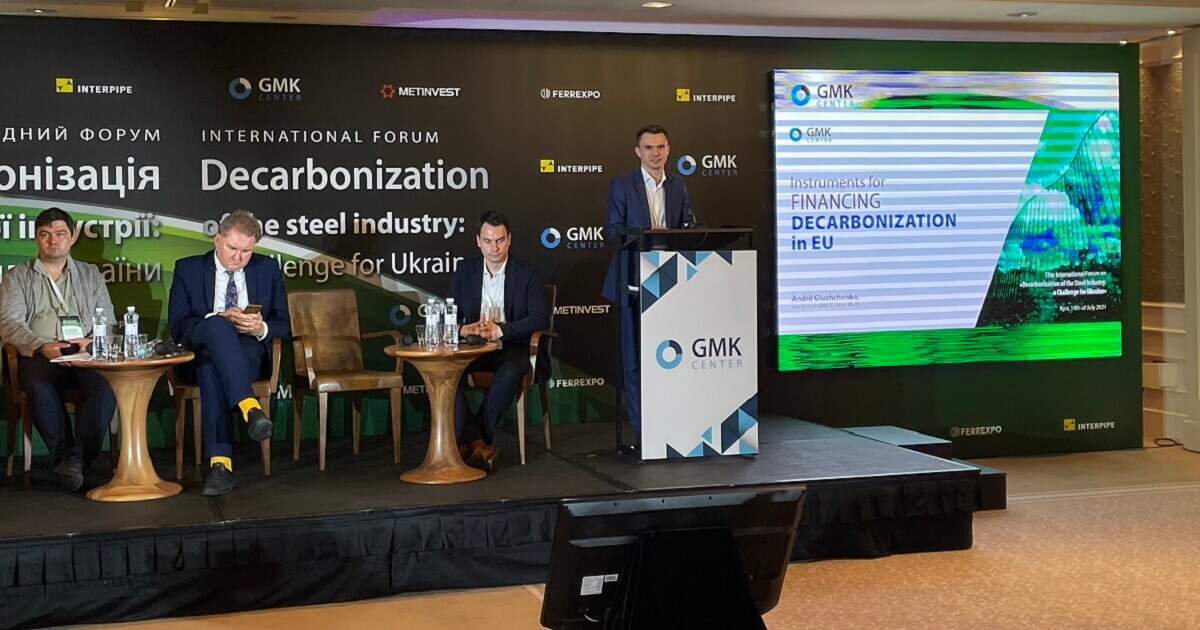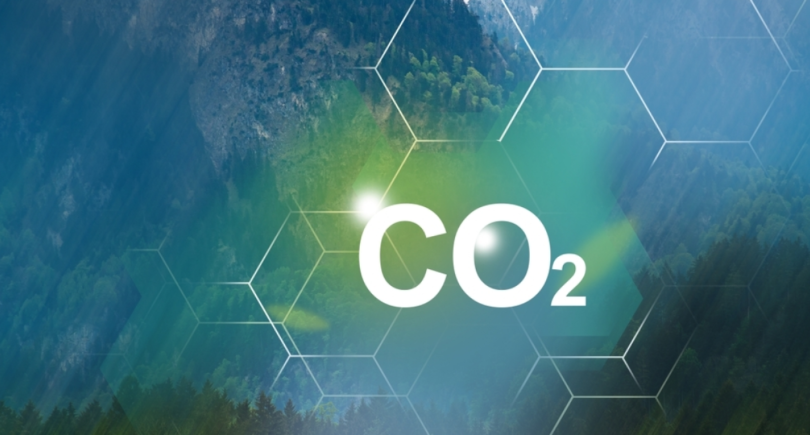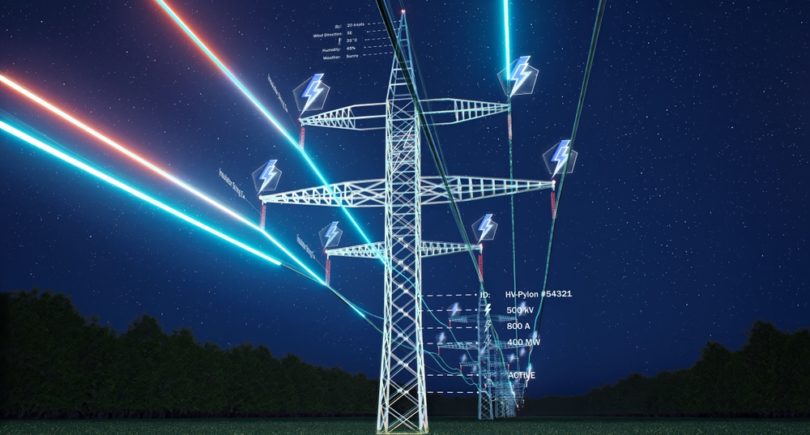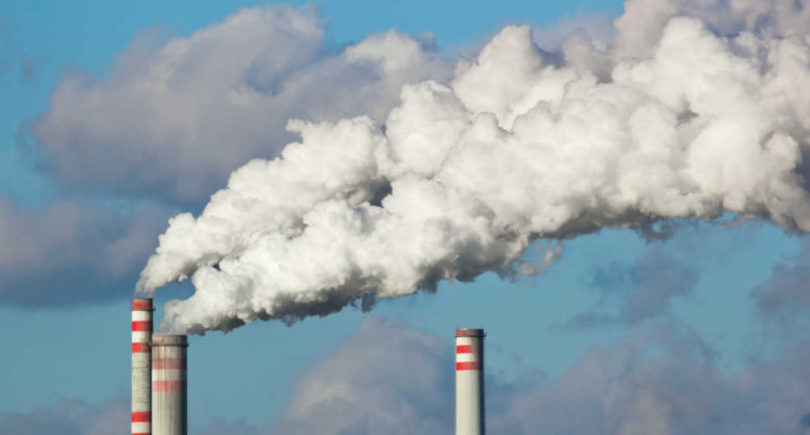
News Green steel decarbonization 6944 22 July 2021
Europe is ready to allocate more than €790 billion in 10 years for achieving climate goals
Over the next 10 years, the European Union is planning to channel more than €790 billion into the decarbonization of the steel industry and other sectors of economy. The key role in the above-mentioned funding will be performed by the state allocating funds for achieving a climate-neutral economy in Europe through seven institutions.
That was stated by Andrii Glushchenko, GMK Center Analyst, in his speech at the international forum on “Decarbonization of the steel industry: a challenge for Ukraine”.
The study conducted by GMK Center analysts showed that the EU will channel more than €790 billion into the decarbonization of the steel industry and other sectors of economy. Those funds will be allocated in the form of loans, grants, loan guarantees, financing a part of CAPEX and OPEX.
According to Andrii Glushchenko, seven different institutions with their own focus and sources of funding are working in this direction. However, in fact, the state is the key investor in decarbonization.
One of the key funding directions will be R&D grants via the instrument suggested within the framework of the EU Recovery Plan (overcoming COVID-19 consequences) — Recovery and Resilience Facility (€312.5 billion) and the Horizon Europe program (€95.5 billion) for 2021–2027.
“An even more important instrument of funding for achieving the EU climate goals is lending. It presupposes the allocation of more than €400 billion, including €360 billion in direct loans under the Recovery and Resilience Facility program, and up to €45 billion in loan guarantees. The latter are allocated under the InvestEU program and are budget guarantees for loans granted to companies by the European Investment Bank, other banks and international financial organizations,” Andrii Glushchenko added.
Financing a part of CAPEX and OPEX, in its turn, presupposes allocation of up to €28 billion by means of the following instruments:
- Innovation Fund (2020–2030) — €10–11 billion;
- Just Transition Fund (2021–2027) — €17 billion;
- Important Projects of Common European Interest Facility.
In general, according to Andrii Glushchenko, the European decarbonization funding programs pursue the following goals:
- to accelerate the introduction of cutting-edge technologies;
- to ease the financial burden caused by the implementation of the technologies on an industrial scale;
- to create a market of low-carbon products;
- to become an international leader in terms of decarbonization and to establish a reference point for other countries concerning carbon emission reduction;
- to maintain the competitiveness of European producers.
As reported earlier by GMK Center, cutting-edge technologies could be first introduced on an industrial scale in 2035 at the earliest.
It bears reminding that environmental costs of mining & metals sector companies in Ukraine in 2020 increased by 16.3 % to ₴18.6 billion against 2019. Environmental investments are gaining importance every year due to the need to reduce the technology-related pressure on the environment and to tighten the requirements for the compliance with environmental standards throughout the world.
The prime partner of the forum “Decarbonization of the steel industry: a challenge for Ukraine” was Metinvest, other partners included Ferrexpo and Interpipe.




